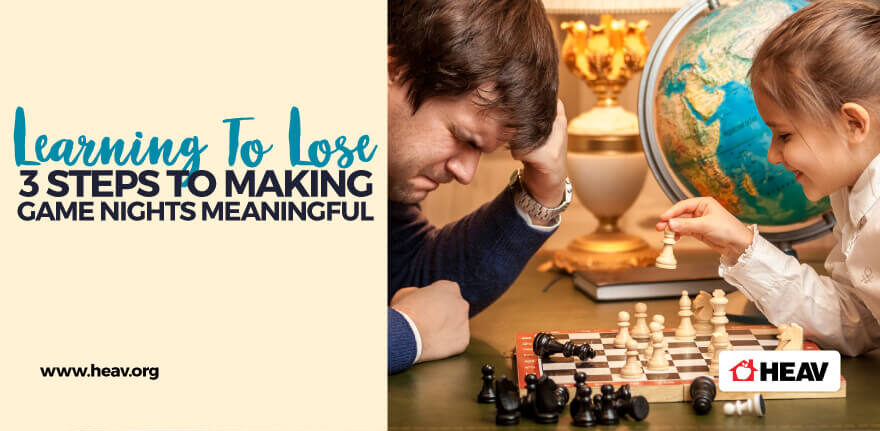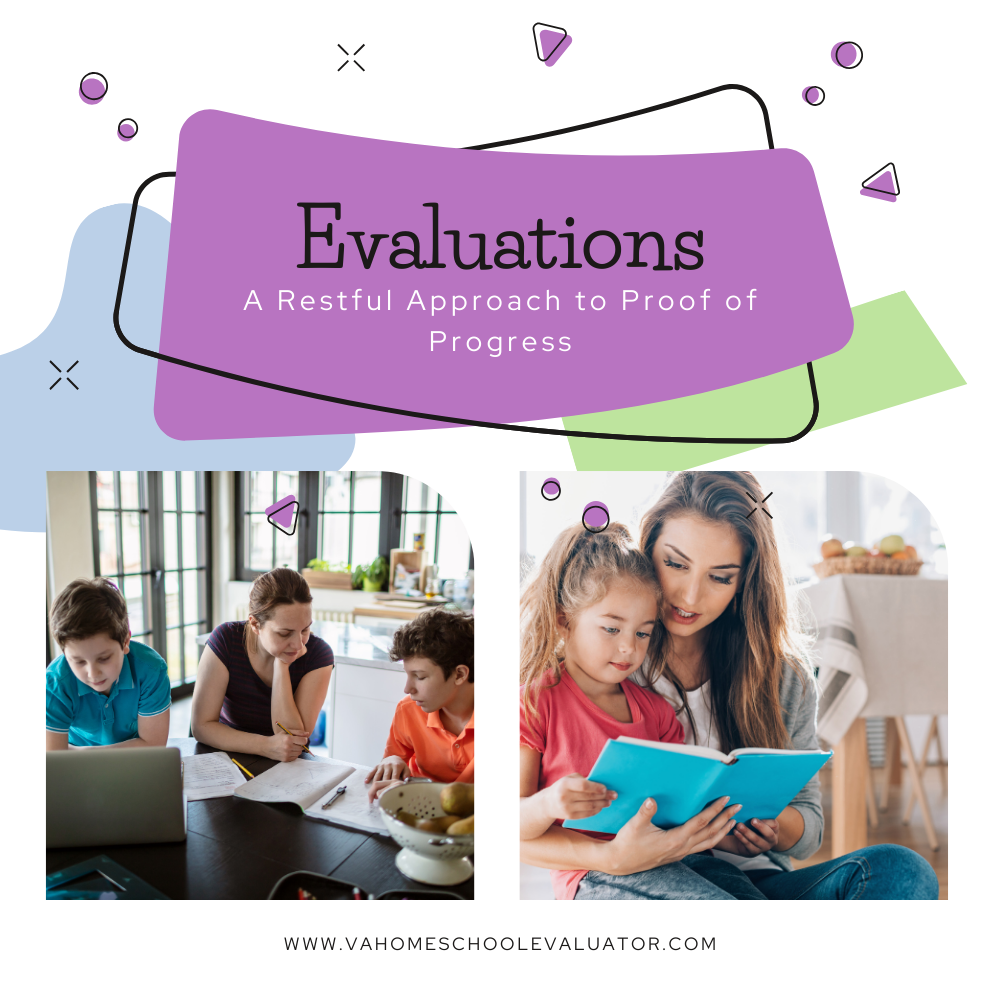3 Steps to Making Game Nights Meaningful: Learning to Lose
by Lynna Sutherland
Most homeschool moms love the idea of playing board games. Family game nights are a great idea for family time and can even be incorporated into the homeschool day as a learning activity. (You can find a huge list of games—organized by topic—here.) When the cold winter months arrive, board gaming seems like an . But the actual practice of playing board games can be challenging, especially when it comes to helping children handle losing.
The fact of the matter is that graciously handling losing a board game—or a disappointment of any kind—is a skill that takes practice and maturity. There is no list of “tricks” that will fix this problem overnight, but here are some thoughts to keep in mind as you play and guide your kids–all while enjoying family game nights.
Mama Perspective Adjustment
Sometimes the first order of business is for Mama to reexamine her own attitude. We often set ourselves up for disappointment by the expectations we develop. Won’t it be so lovely to play a board game with the children? They will be so excited to get to do this fun activity instead of their regular worksheets! Family game nights.We will have such a cozy time of togetherness and bonding.< And then the tears and tantrums start, and we are caught off guard!
Let’s think about this statistically. If four people play a board game, 75% of them are going to lose. If you regularly have family game nights with board games, everyone will generally experience more losing than they experience winning. So, mama, the majority of your kids are going to end the game by losing. A big part of board gaming is practice with disappointment!
Also, keep in mind that each of your children is different. God equipped them with different skills and different gifts. Some children are more laid back and can move on calmly from a disappointment or loss. Others may have more of a struggle.
It’s tempting to think of the complacent loser as the “good child” and the one throwing the tantrum as the “difficult child.” But remember that every strength has a corresponding weakness (and vice versa). Perhaps that struggling loser is also a passionate child, motivated to work hard to reach goals. This is not a character trait you want to squelch. Instead of thinking of making one child more like another, think of helping each child to hone his own gifts to be the best he can be.
Game Nights: Focus on the Story
As grown-ups, we might say that we don’t have to win in order to have fun, as long as we’re making good family memories. But “memories” is kind of a nebulous term for a little person. Instead, explain that board gaming is about making a story together as a family. Win or lose, a great board-gaming experience tells a story!
“I thought I was going to win and then just before the end, Peter got three more points and passed by all of us! It was so surprising!”
“We’ve played this game three times and Amy has never won, but this time, she came in first place!!”
Close games are the most fun. When the gap between the winner and the losers is always great, the game will eventually lose your interest—even if you’re the winner! (At the very least, everyone else will lose interest in playing with you!) Close games leave you eager for another try. And they make the best stories!
Weeping and Rejoicing
Ultimately, the skill that is needed to graciously handle losing—or winning—a board game is the ability to rejoice and weep with others.
“Rejoice with those who rejoice, weep with those who weep. Live in harmony with one another” (Romans 12:15-16a ESV).
Can you be happy for someone else, even when they are enjoying the thing you were hoping to have? Can you temper your enthusiasm out of respect for someone else who is facing disappointment? This is something that takes a lifetime of practice and a great deal of maturity. And game nights can be an excellent way to practice this aspect of character development, which will be of great value throughout all of life!
Lynna Sutherland blogs at Homeschooling Without Training Wheels, where she loves to remind moms (and herself!) of the freedom and flexibility that come with homeschooling! Lynna and her husband have seven children. The motto of their homeschool is “Wisdom Is the Principal Thing” from Proverbs 4:7. You can follow Lynna on Facebook, Pinterest, and Twitter.










